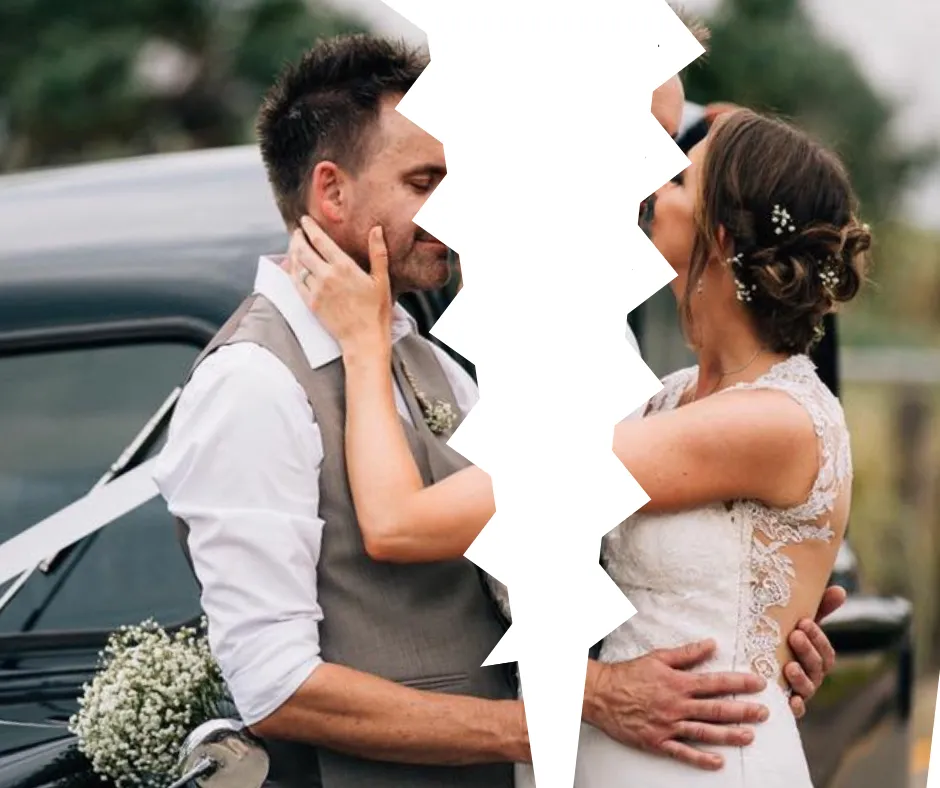
Lies, Infidelity, and Betrayal: Can Love Survive?
Infidelity is a choice made by your partner, often influenced by their own unresolved issues.
Infidelity. Betrayal. Lies.
These words carry an emotional punch, don’t they?
If you’re in a relationship marred by infidelity or dishonesty, you’re likely feeling raw, confused, and maybe even a little lost.
The pain of discovering your partner has lied to you or broken your trust is one of the deepest betrayals you can face.
But here’s the thing—while the betrayal itself is devastating, it’s often the emotions it triggers that cut the deepest.
For many of my clients, infidelity doesn’t just hurt because of the act itself—it’s because it reopens old wounds.
The Old Wounds That Make Infidelity Worse
Let me tell you about a client I worked with. She came to me after discovering her partner had been unfaithful. At first, she was consumed by feelings of inadequacy:
“I’m not good enough.”
“I’ll never be enough for him.”
“What’s wrong with me?”
But as we dug deeper, it became clear these feelings weren’t new.
They weren’t born in her marriage—they’d been quietly simmering since childhood.
Growing up, she constantly felt overshadowed by siblings, unworthy of attention, and doubting her own value. Her partner’s infidelity wasn’t just a betrayal in the present—it had torn open those old wounds, making the pain feel unbearable.
If you’re navigating infidelity in your marriage, you might relate.
Those feelings of not being enough often stem from much earlier in life. Childhood experiences, past relationships, or even a deep-seated low self-esteem can all play a role in amplifying the devastation you feel now.
When Lies Lead to Self-Doubt
Infidelity and lies from a partner can set off a cascade of self-doubt:
“Why wasn’t I enough for them?”
“What did I do wrong?”
“Will I ever be able to trust again?”
But here’s what’s important to know: It’s not all about you.
Infidelity is a choice made by your partner, often influenced by their own unresolved issues.
Yet, it’s hard not to internalise it as a reflection of your worth.
And when those lies bring up echoes of past pain, it can feel impossible to separate the current situation from the weight of those old wounds.
Why Clearing Triggers Matters
Here’s the truth: Infidelity doesn’t just break trust in the relationship—it breaks trust in yourself.
That’s why it’s not enough to focus only on healing from your partner’s betrayal.
The deeper work lies in addressing your own triggers—those deeply rooted beliefs that whisper you’re not good enough, not lovable, or not worthy.
It is possible to clear the strong emotions tied to what’s happened in your relationship. But more importantly, it’s possible to go even further.
By addressing the old wounds and emotional triggers that infidelity brings up, you can find healing that goes beyond this relationship.
Whether you choose to stay and rebuild your marriage or decide to move on, doing this inner work ensures that those old wounds no longer control you.
Imagine not being haunted by feelings of inadequacy, no longer reacting to betrayal with a lifetime of baggage weighing you down.
The Path to Healing
Healing from infidelity isn’t just about your partner changing—it’s about you finding peace within yourself.
Clearing the triggers tied to old wounds and building a stronger foundation of self-worth can change how you show up in this relationship—or the next.
You don’t have to carry the weight of the betrayal—or the echoes of your past—forever.
If you’re ready to stop the pain from defining you, know this: healing is possible.
Whether you choose to stay or go, you can reclaim your confidence, your worth, and your future.
